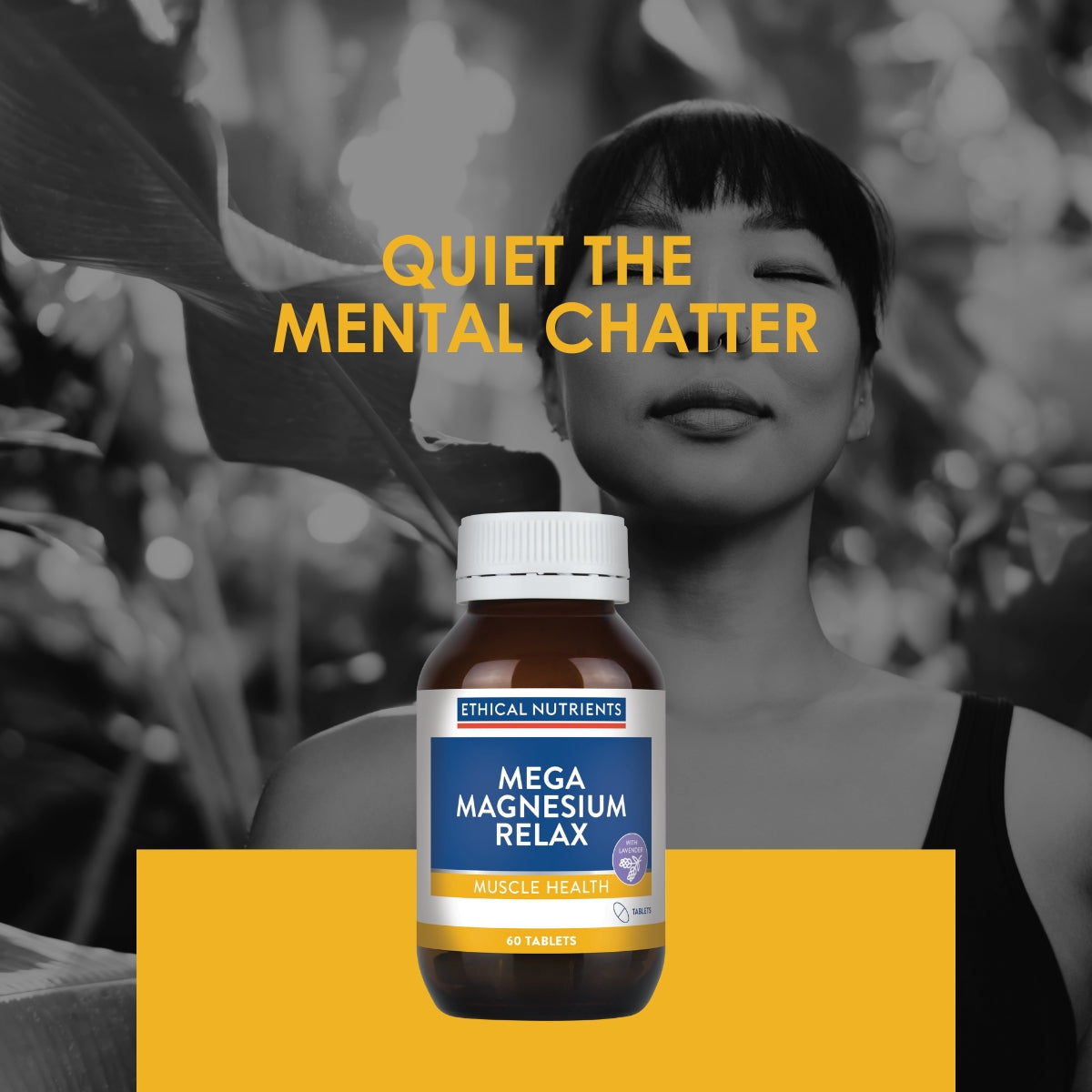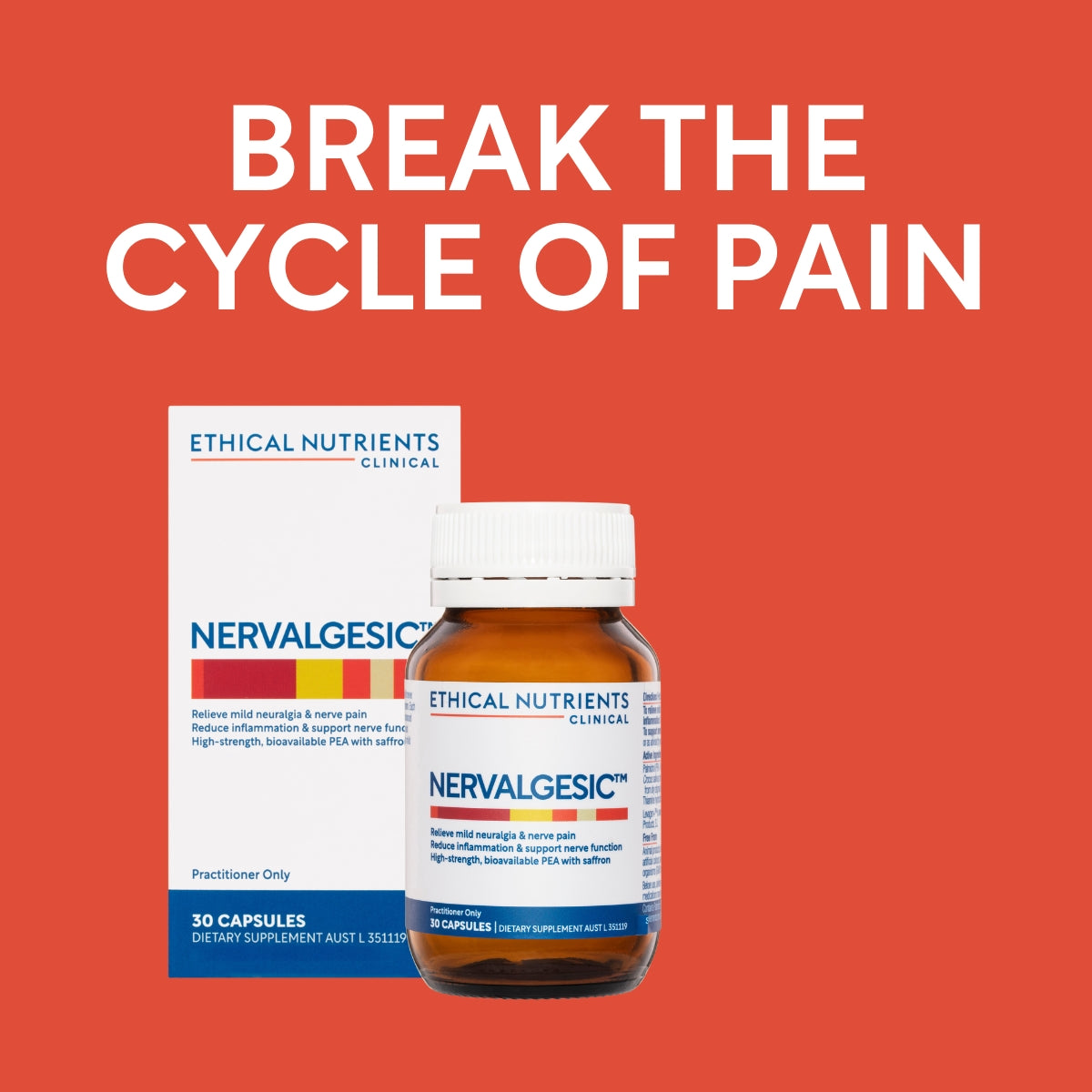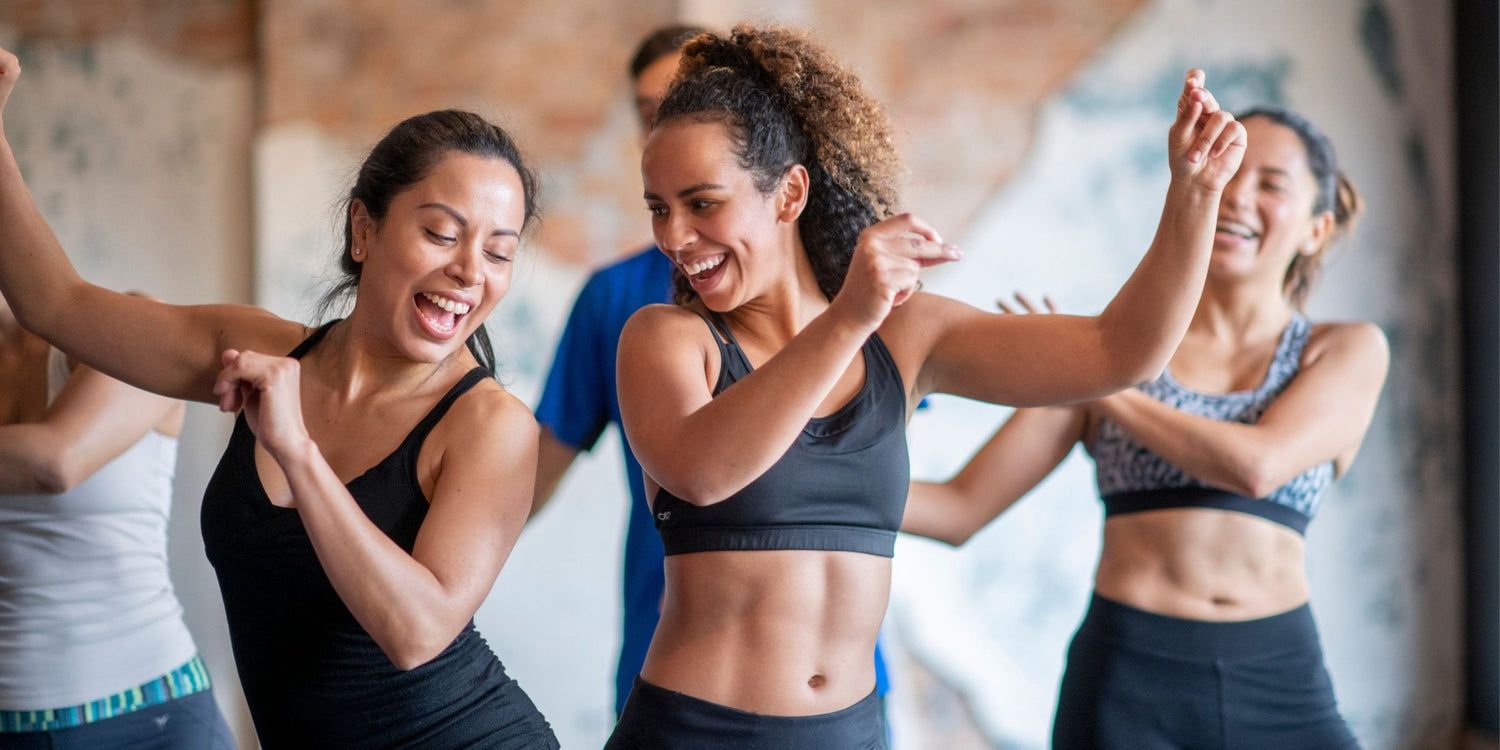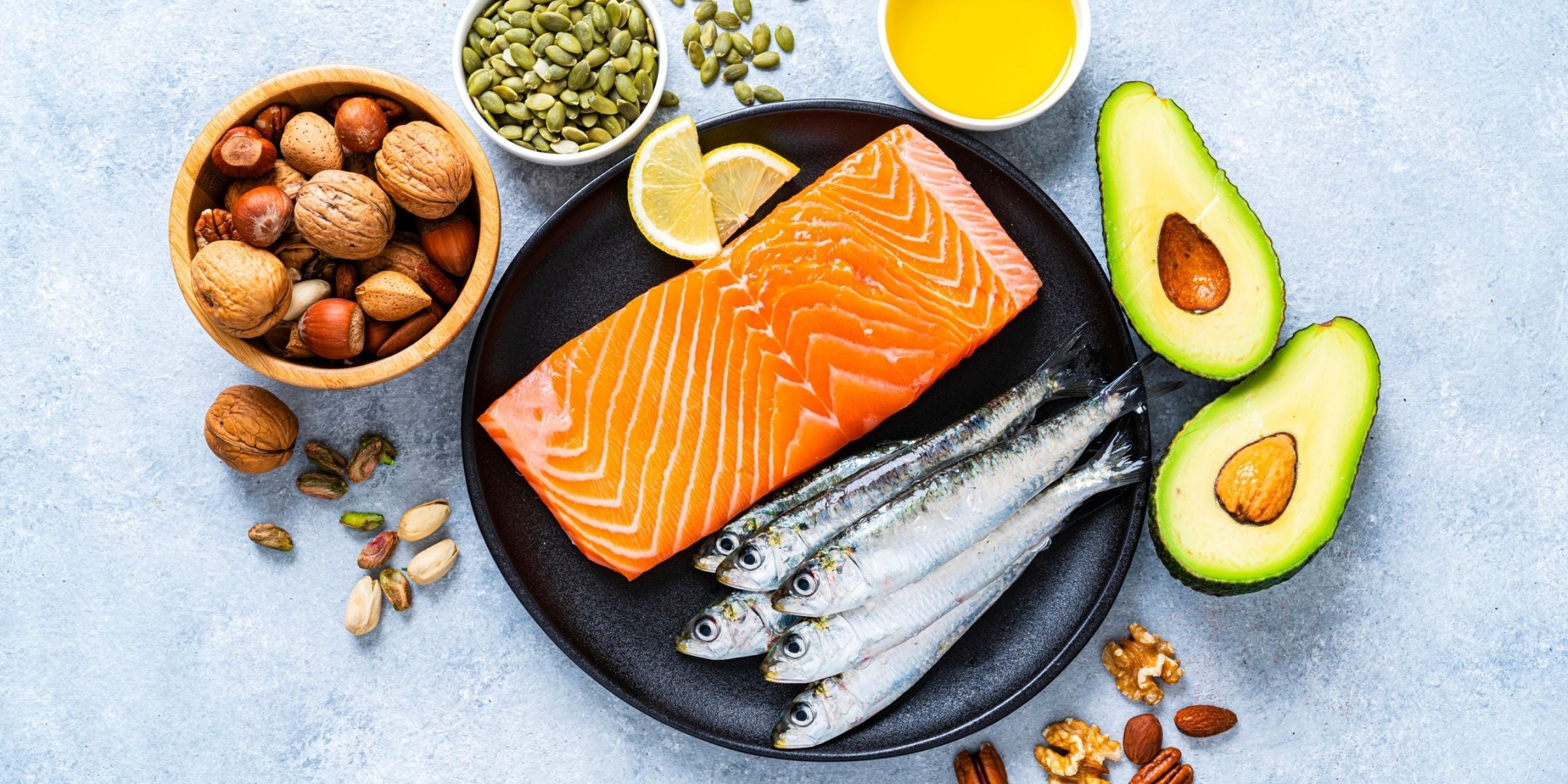Whether you’re embarking on a new workout routine or you’re a high performing athlete, how you fuel your body is just as important as how you move it.
Supporting your body with the right nutrients can optimise your body’s potential and help the recovery process, so you can continue to stay healthy and active.
What does the body need to support performance and recovery?
Whilst the benefits of exercise are endless, it is in fact a type of stress on the body. It temporarily stimulates muscle breakdown, increases inflammation and uses up a lot of energy. In the hours following exercise, the body goes into repair mode – repairing muscle and tissue, removing waste products, reducing inflammation and replenishing energy stores. If you don’t give your body the things it needs to support the recovery process, you might begin to feel fatigued and burnt out or experience prolonged muscle soreness and muscle cramps.
How you repair the body after exercise is dependent on the type and amount of activity you do. However, in most cases it relies on simple foundational steps like:
- Ensuring you get enough sleep. When we sleep, our body goes into recovery mode, replenishing energy and repairing cells, tissues and muscles
- Making sure you rehydrate by drinking plenty of water
- Consuming adequate protein from meats, chicken, fish, beans, lentils or tofu. Protein provides the building blocks, known as amino acids, that help rebuild and repair muscle tissue
- Eating good quality carbohydrate sources such as sweet potato, oats, rice, wholegrain pasta, bananas, spelt or rye bread. It might be of benefit to consume carbohydrates after a workout to replace the body’s glycogen stores, which are used as fuel during exercise
- Making sure you include lots of antioxidant and nutrient-rich fruits and vegetables
- Including quality fats from fish, avocado, chia seeds, hemp seeds and walnuts to help manage inflammation and support recovery
Nutrients for exercise, muscle health and energy
There are specific nutrients that may be of benefit in helping you perform better and recover faster.
B vitamins
B vitamins are needed for the energy-producing pathways in the body, red blood cell formation and for the repair of damaged cells. Research shows that exercise can increase the requirements for B vitamins and that a lack of B vitamins in the diet can reduce the body’s ability to perform exercise at high intensities.1 A B vitamin supplement might be useful for regular exercisers to provide energy, aid endurance and support recovery.
Magnesium
There are many benefits of magnesium for exercise and recovery. Magnesium is involved in numerous processes that affect performance, including normal muscle function, oxygen uptake, energy production and electrolyte balance. Strenuous exercise enhances urinary and sweat losses that may increase magnesium requirements by 10-20%.2 Furthermore, even marginal magnesium deficiency can impair exercise performance and amplify the negative consequences of intense exercise.2 Magnesium can also assist with muscle cramps and help to reduce mild muscle twitches and spasms. Physically active individuals might find it tricky to meet their higher magnesium requirements through their diet alone. A premium quality, enhanced absorption magnesium supplement, such as Meta Mag® may help to support those embarking on a fitness journey.
HMB
HMB is created from the amino acid, leucine, and has been shown to support muscle mass during exercise and with aging. It can slow the breakdown of muscles and boost the production of new muscle fibres. It has also been found to reduce soreness after physical activity.3 Taking a HMB supplement in combination with magnesium, might boost the rate of muscle repair and support recovery, especially in people over the age of 50.
Iron
Athletes are prone to low iron because regular exercise increases the body’s iron needs in several ways. Intense training promotes red blood cell production, which requires iron, and iron is also lost through sweating.4 Regular exercisers might consider an iron supplement in addition to a healthy and balanced diet, especially women of menstruating age who have greater iron requirements to start with.
References
-
Woolf K 2006, ‘B vitamins and exercise: does exercise alter requirements?’ Int J Sport Nutr Exerc Metab, vol 16, no 5, pp 453-84
-
Nielsen F et al 2006, ‘Update on the relationship between magnesium and exercise’, Magnes Res, vol 19, no 3, pp 180-9
-
Durkalec-Michalski K at al 2017, ‘The Effect of a 12-Week Beta-hydroxy-beta-methylbutyrate (HMB) Supplementation on Highly-Trained Combat Sports Athletes: A Randomised, Double-Blind, Placebo-Controlled Crossover Study’, Nutrients, vol 9, no 7, p 753
-
Better Health 2022, Iron and iron deficiency, viewed 13 October 2022, <https://www.betterhealth.vic.gov.au/iron>






